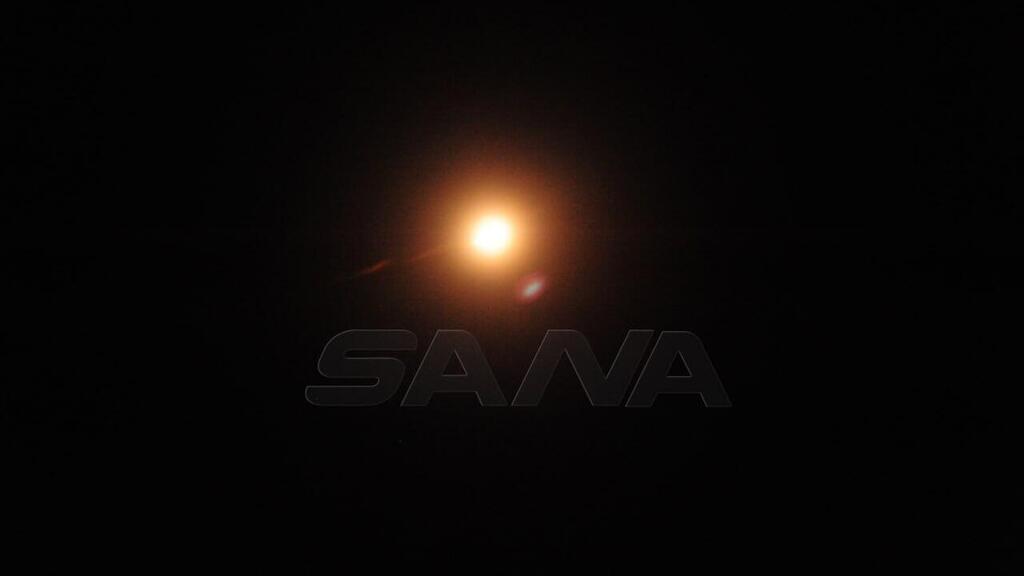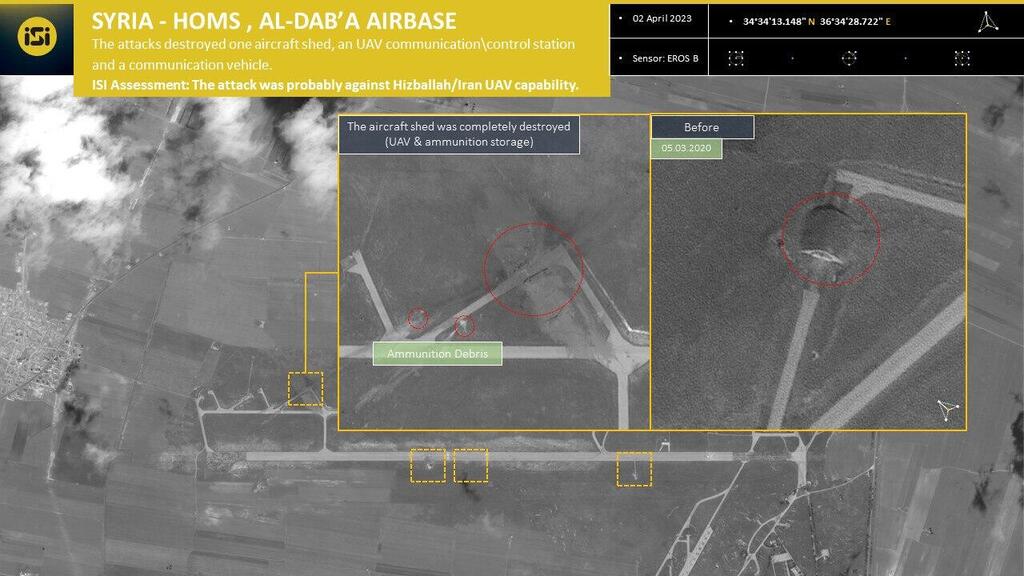Getting your Trinity Audio player ready...
A string of attacks against Iranian targets in Syria in the past week, which were attributed to Israel are unusually extensive in scope and force.
Strike in Syria
Related stories:
The reason is likely because they were intended to thwart an Iranian Revolutionary Guard terror plot using UAVs, that was planned with the help of the Lebanon-based Hezbollah group.
2 View gallery


Air defense systems operate over Damascus late on Monday in a strike attributed to Israel
On Sunday, they even attempted to repeat the same success their drones had, in Ukraine, in the hands of the Russian military.
Iran supplied Russia with long-range suicide drones that were launched from Crimea and used to attack critical Ukraine infrastructure and causing the civilian population there, considerable suffering. If armed a drone can pose a serious threat and is precise although it can carry a small warhead. It can hit critical infrastructure with precision and disable it. It is also harder to detect and shoot down, the shorter its flight path is.
Iran it can be assumed, decided to strike at Israeli targets from deep inside Syria and the airstrikes against Iranian assets last week could be seen as an Israeli effort to prevent it. A drone that did enter Israeli airspace on Monday, was taken down using electronic warfare.
2 View gallery


Satellite images of the aftermath of a strike on the Dabaa airportattributed to Israel
(Photo: : ImageSat International (ISI))
Defense Minister Yoav Gallant said that Israel has detected increased efforts to attack it including from places not before seen as a source of threat.
"This is concerning and must be addressed," he said.
Iran launched drones at Israel from Iraqi and Iranian territory in the past, but those were intended for the delivery of weapons to Palestinian factions.
The Airforce shot two such Shahed UAVs down over Iraq. Iran used the drones to strike Israeli merchant vessels under Israeli ownership in the Gulf and they were also used to attack Saudi oil production facilities in 2019.
According to Arab media reports, the strike on Syria late on Monday, hit bases, command and control centers as well as regional and logistic commands, all belonging to pro-Iran militias, south of Damascus.
The strike also targeted the Damascus airport and logistical assets there, as well as homes in the Sit Zeinab neighborhood of the capital, home of an important Shi'ite shrine.




